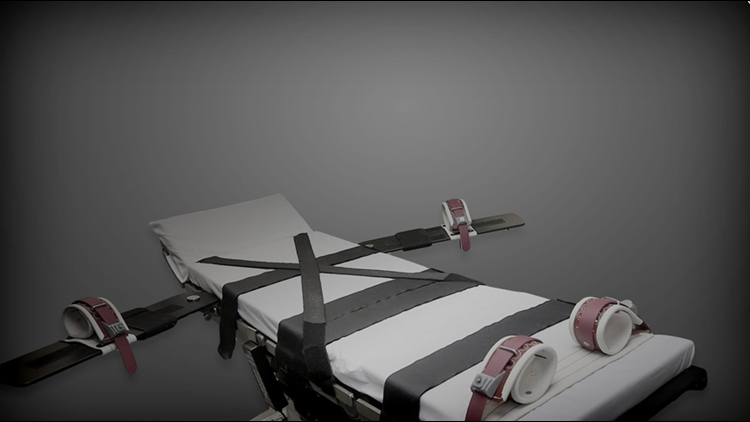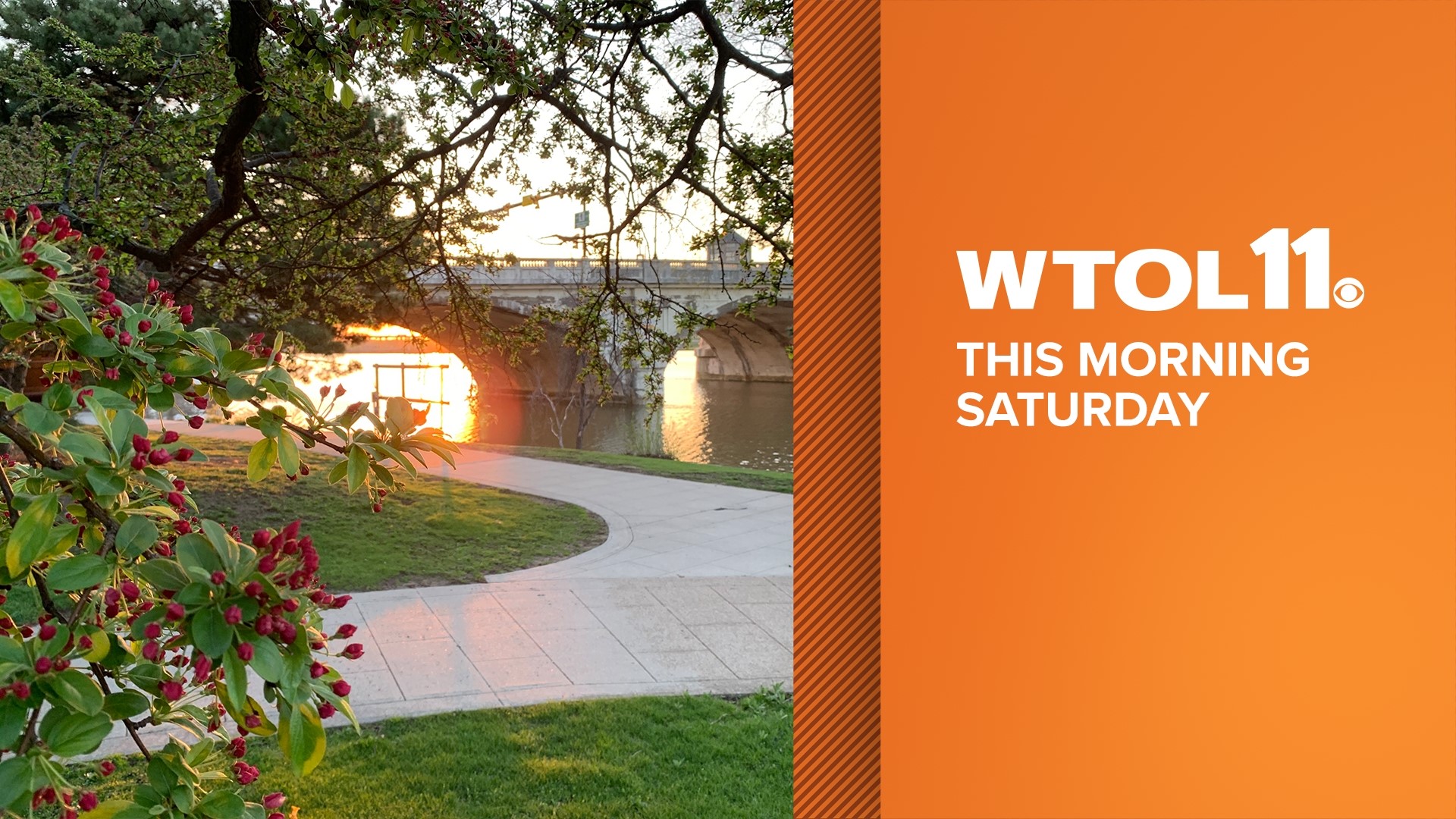LUCAS COUNTY (WTOL) - Locally there are three death penalty cases, all in different stages of legal proceedings.
There's the James Worley case in the trial phase. He is accused of kidnapping and murdering 20-year-old Sierah Joughin.
Another death penalty case in Columbus, is against Brian Golsby and is in mitigation. He's accused of kidnapping and murdering Reagan Tokes, an Anthony Wayne High School graduate and former OSU student.
The third case is near the end of the death penalty process. William Montgomery was found guilty of killing Debra Ogle and Cynthia Tincher in 1986.
Montgomery has been on death row for 31 years and is scheduled to die by lethal injection on April 11th, but the Ohio Parole Board recommended clemency so he now waits for Governor John Kasich with the final say on the ruling.
One local defense attorney said having three death penalty cases at once is more than normal. He explains how they are ran much differently from a non-death penalty case.
"I can remember everything that happened that night crystal clear," explained Richard (Rick) Kerger, an attorney practicing law since 1974.
Rick Kerger is a defense attorney who has worked on several death penalty cases. A number of years ago, he had to watch one of his clients be put to death.
"I've known people who are dying," explained Kerger. "I never knew anybody who was going to die exactly at midnight and it's a very different sensation when you are going through it."
He said emotions are high during every phase of a death penalty case especially those that hit close to home.
"It's always about people," said Rick Kerger. "This is not some abstract concept. It's about those two young women who were killed, it's about the men that are accused of killing them, it's about their families. The emotions in there are raw."
Kerger said death penalty cases generally involve a longer trial, but that's not where it ends. There's mitigation, the chance to spare the defendant's life, and even still what could be decades of appeals.
"The reason the process takes so long is we want to be sure we got the right person because if you convict somebody wrongly you have necessarily let the criminal get free," said Rick Kerger, a defense lawyer.
Death penalty cases do cost a lot of money too, over a million dollars on average. The cost covers incarceration, appeal, and much more.
"Part of the problem I see in the system is once it reaches the decision it's very hard to get it overturned," explained Kerger. "I think the thinking is look, if you had a fair trial that's all you need. You don't need a perfect trial."
While Rick Kerger's job is to keep his clients off death row, he does say jurors' other option, life in prison without parole, is also a very bleak sentence with little hope.



